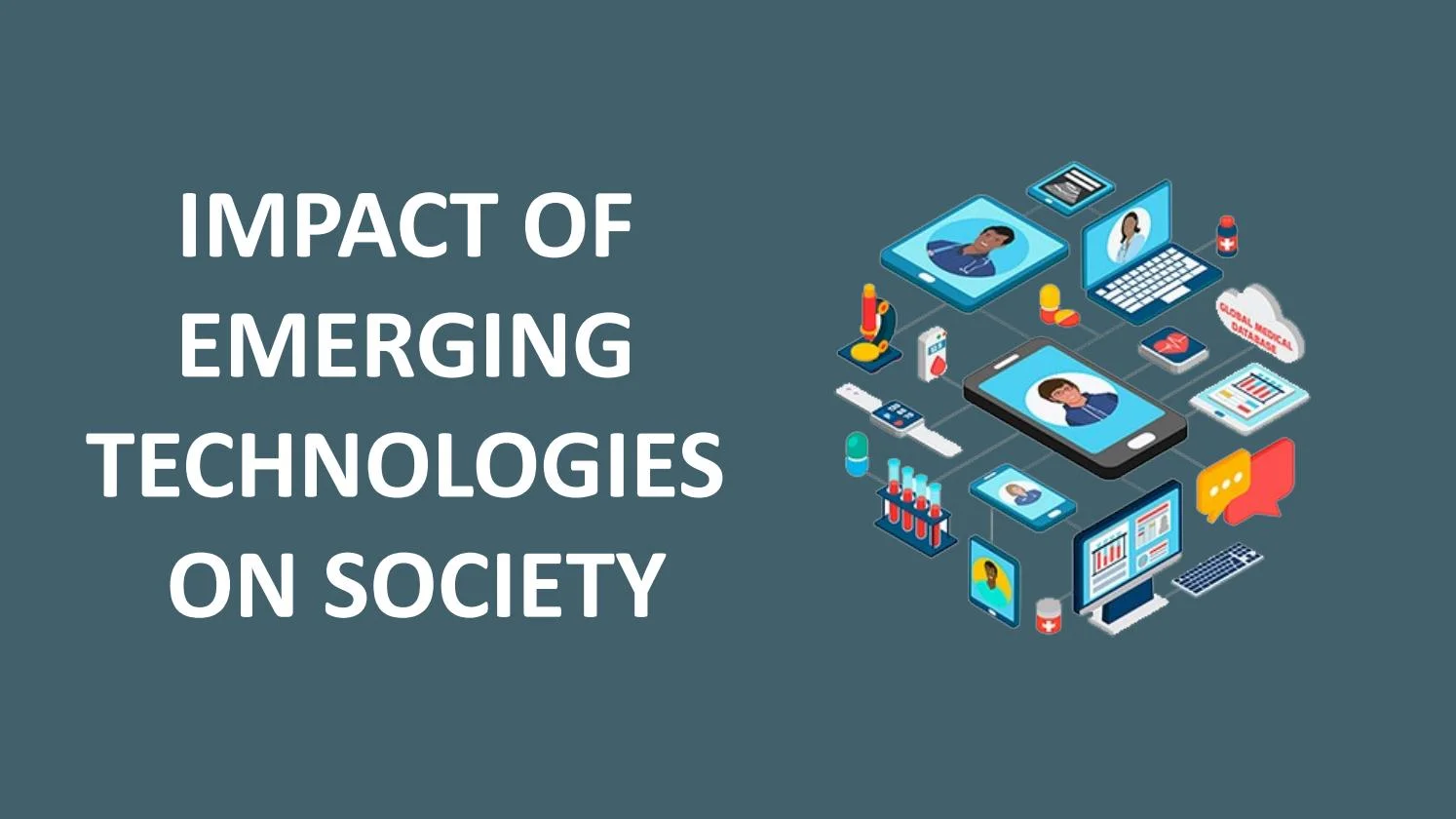Introduction
Insurance industry, much like any other, is not immune to the sweeping wave of technological advancement. The penetration of technology into every industry has necessitated its need in the insurance sector.
Why emerging technologies are essential in the insurance industry
Emerging technologies, like AI, IoT, and ML are leading an overhaul in the insurance industry. They help insurers in optimizing their processes, improving customer service and bringing a degree of foresight to risk analysis.
The impact of technology on insurance operations
These technologies are not just limited to optimizing the processes but are reshaping the insurance sector. From changing how risk is assessed to providing customer tailored policies, they are re-defining how insurers operate.
Artificial Intelligence (AI) in Insurance
With every sunrise, the insurance industry witnesses revolutionary strides thanks to Artificial Intelligence (AI). By fusing technology with insurance, a radical shift in risk assessment and underwriting is occurring.
How AI is revolutionizing risk assessment and underwriting
AI algorithms analyze big data to give insurers accurate customer risk profiles, facilitating optimized underwriting processes and precise policy pricing.
Predictive analytics and AI-powered chatbots for customer service
Such advancements in AI have also birthed predictive analytics, aiding insurers to predict future trends and risks. Additionally, AI chatbots now handle simple customer service tasks, paving the way for quick and efficient customer service delivery. Today, AI isn’t simply an add-on, but a vital ingredient in the insurance industry’s recipe for success.
Internet of Things (IoT) and Insurance
With the emergence of the Internet of Things (IoT), the insurance industry is on the brink of a seismic shift.
Benefits of IoT devices in gathering real-time data for risk prevention
IoT devices have been instrumental in the data collection, subsequently used by insurance companies for risk assessment and early interference. GPS trackers and home security devices are some prime examples.
Usage-based insurance and personalized premiums with IoT
IoT’s real-time data enables personalized premium offering, leading to usage-based insurance. With this data, insurance companies can reward careful clients, encouraging safer behavior and reducing overall risk.
Blockchain Technology in Insurance
Unpredictable circumstances and complex procedures often mark the insurance industry. However, blockchain technology promises to rewrite the narrative. It aims to enhance transparency, efficiency, and security in the insurance sector.
Enhancing transparency and security in claims processing
Blockchain technology can provide secure, unalterable records, bringing transparency and clear audit trails to claims processing. Stakeholders can easily track and verify claims, thereby streamlining the entire process.
Smart contracts and reducing fraud in the insurance industry
Furthermore, blockchain technology introduces smart contracts. These are self-executing contracts with embedded rules. By precisely tracking conditions and actions, they could significantly reduce instances of fraud, providing more secure and seamless insurance transactions. Thus, the diligent use of emerging technologies like blockchain enriches the insurance industry.
Robotic Process Automation (RPA) in Insurance
Efficiency is a topmost priority in the modern insurance industry and Robotic Process Automation (RPA) is providing a helping hand, dramatically improving operations.
Streamlining back-office tasks and improving efficiency
RPA is creating astonishing improvements in the efficiency of back-end operations. Mundane tasks are now handled by software bots, liberating staff to focus on more value-adding tasks, thereby driving productivity.
Automating claims processing and reducing human errors
By automating claims processing, RPA is reducing human errors significantly. It’s resulting in more accurate claims evaluations, faster resolution times and a smoother customer experience. The influence of such emerging technologies is truly shaping the future of the insurance industry.
Big Data Analytics in Insurance
In a shifting digital landscape, the insurance industry embraces the power of Big Data analytics.
Utilizing data analytics to enhance customer insights and personalization
Insurance providers exploit data analytics to understand customer behavior better, hence tailoring personalized products and services.
Improving fraud detection and risk management with big data
They also leverage Big Data to improve fraud detection, effectively managing risk. Hence, this emerging technology radically reshapes the insurance industry.

Machine Learning in Insurance
The insurance sector is witnessing a revolutionary change with emerging technologies playing a pivotal role. One of them, Machine Learning (ML), holds immense potential to transform processes and decision making.
Applications of machine learning in actuarial science and pricing
Incorporating ML in actuarial science and pricing allows insurers to achieve precision and assess risk accurately, optimizing the pricing models.
Enhancing underwriting accuracy and fraud detection with ML algorithms
Simultaneously, enhanced underwriting accuracy and robust fraud detection are feasible with ML algorithms, driving efficiency and profitability while securing trust among policyholders.
Conclusion
Shaping the future of the insurance industry are emerging technologies. With innovations like Artificial Intelligence, Blockchain, and Internet of Things, companies are capitalizing on higher operational efficiency, precise risk assessment, and delivering personalized policies.
Summary of how emerging technologies are reshaping the insurance industry
The integration of technology brings a renaissance in the insurance sector. It has redefined the underwriting processes, claims management, and customer interaction, making them more efficient and customer centered.
Challenges and future prospects of integrating technology in insurance.
However, with these advancements come challenges like data privacy and security. Yet, the road ahead is promising since technology is a game-changer that promises to revolutionize the industry’s conventional norms for the better.
Frequently Asked Questions
In recent years, emerging technologies have dramatically changed the insurance industry. These innovative advancements have ignited a flurry of questions.
Common questions about emerging technologies in the insurance industry
What types of technologies are impacting the insurance industry? Examples include artificial intelligence, machine learning, big data analytics, and the Internet of Things (IoT).
How are these technologies affecting the industry? They’re streamlining processes, creating personalized experiences, mitigating risks, reducing fraudulent claim activities, and more.
Answers and explanations for better understanding.
The implementation of these technologies is not just a trend. They’re becoming essential tools that provide a competitive edge, enhance customer satisfaction, and drive operational efficiency. Through the application of these technologies, companies can better manage risk assessment, policyholder relationships, and claim management, reshaping the future of the insurance industry.














